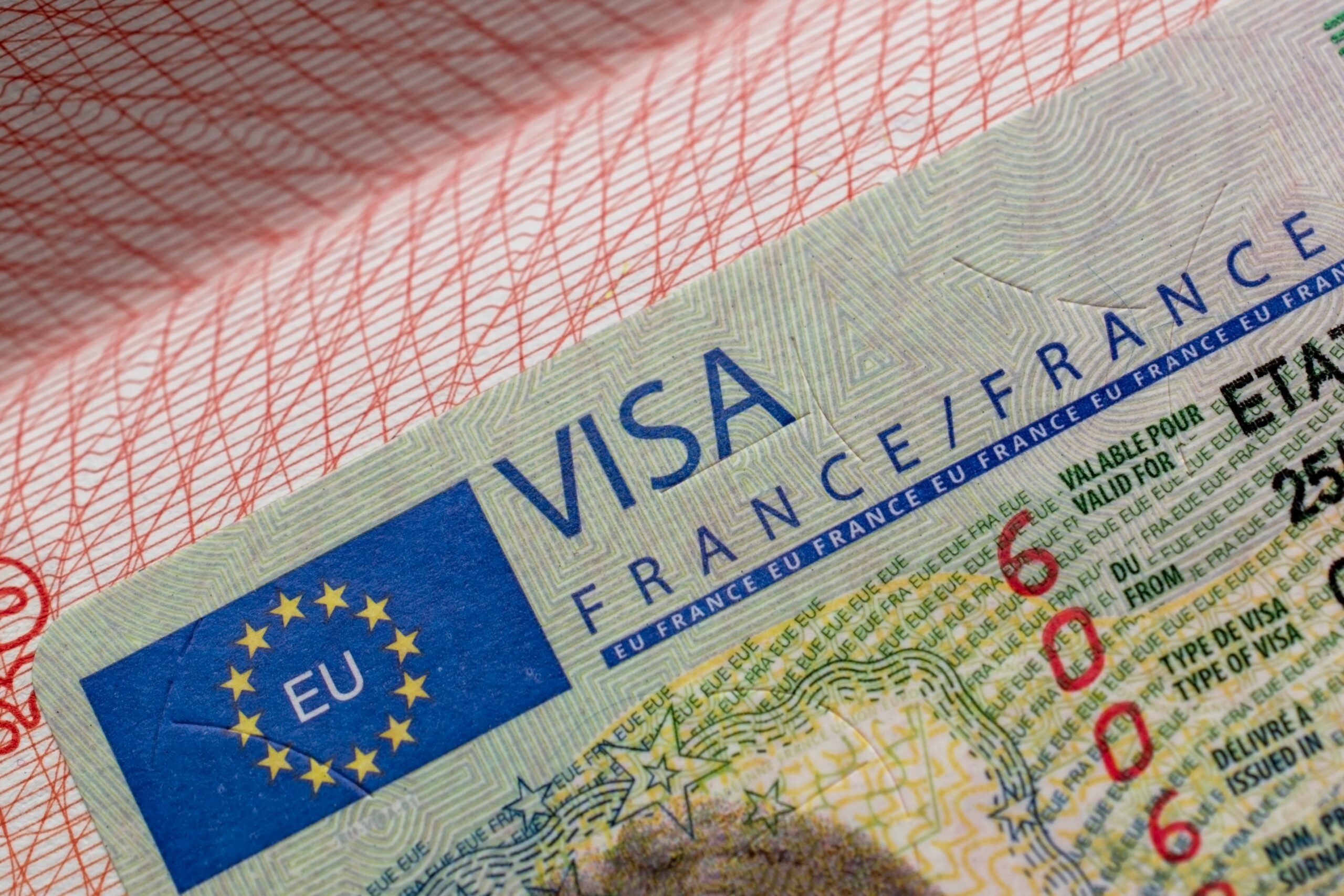The Main Reasons Your Long-Term French Visa Application May Fail – You Might Be Surprised! – FrenchEntrée
2 min read
Health insurance coverage can prove slightly more complicated. In theory, a British S1 could be acceptable if you have a state pension. However, securing an S1 before actually becoming resident in France is not possible.
The UK can issue a document that you can use during your interview at the visa centre, which provides “proof that you are eligible for the S1” and although this document is not confirmation that you are covered in France under the S1, it should be acceptable.
If you are not eligible for the S1, you most likely will require a policy that provides cover equivalent to that of the French national healthcare system (la sécu). The France-visa official website clearly states this requirement, but the specifics of the type of policy required aren’t clearly defined, and many applicants only discover that their policies are non-compliant during the interview process.
This means that you will be required to undertake another interview (and yes, you will have to pay again…) as the application will be turned down, but most of the time, they’ll offer another interview instead of a direct rejection.
A fail-safe tip is to ensure the insurance certificate (or COI – Certificate of Insurance) is perfectly clear to avoid the TLS or VFS agent having to dig into the insurance documentation.
Indeed, they generally prefer not to do this, instead simply rejecting the insurance cover and getting you to do the leg work. If you can highlight the parts they want to see, this will make their job easier, and your application is more likely to succeed.
So just, what do they expect to see on the insurance certificate or COI?
- The coverage date should match the duration of the visa
- In-patient and out-patient benefits should be mentioned
- No excess or deductible elements are mentioned (ideally, the policy should state that you’re covered “from the 1st euro,” as the French say
- Repatriation should be included
- Cover provided should be atleast 30k cover (100k+ is safer as some centres are more picky than others for completely unknown reasons)
- No medical exclusions should be mentioned, and one final thing they will expect to see is that you’ve paid for your policy. This means they require “proof of payment” so do make sure you also have this before your meeting at the visa centre.
If you comply with these requirements, your application should go smoothly, and the last thing you will need to do is remember to activate your visa once you are in France at the OFII.
Pro tip:
Some policies are systematically declined, and these include travel insurance, Schengen insurance, repatriation plans, policies with any type of excess (such as deductible elements, co-pay or co-insurance) and emergency-only plans.


